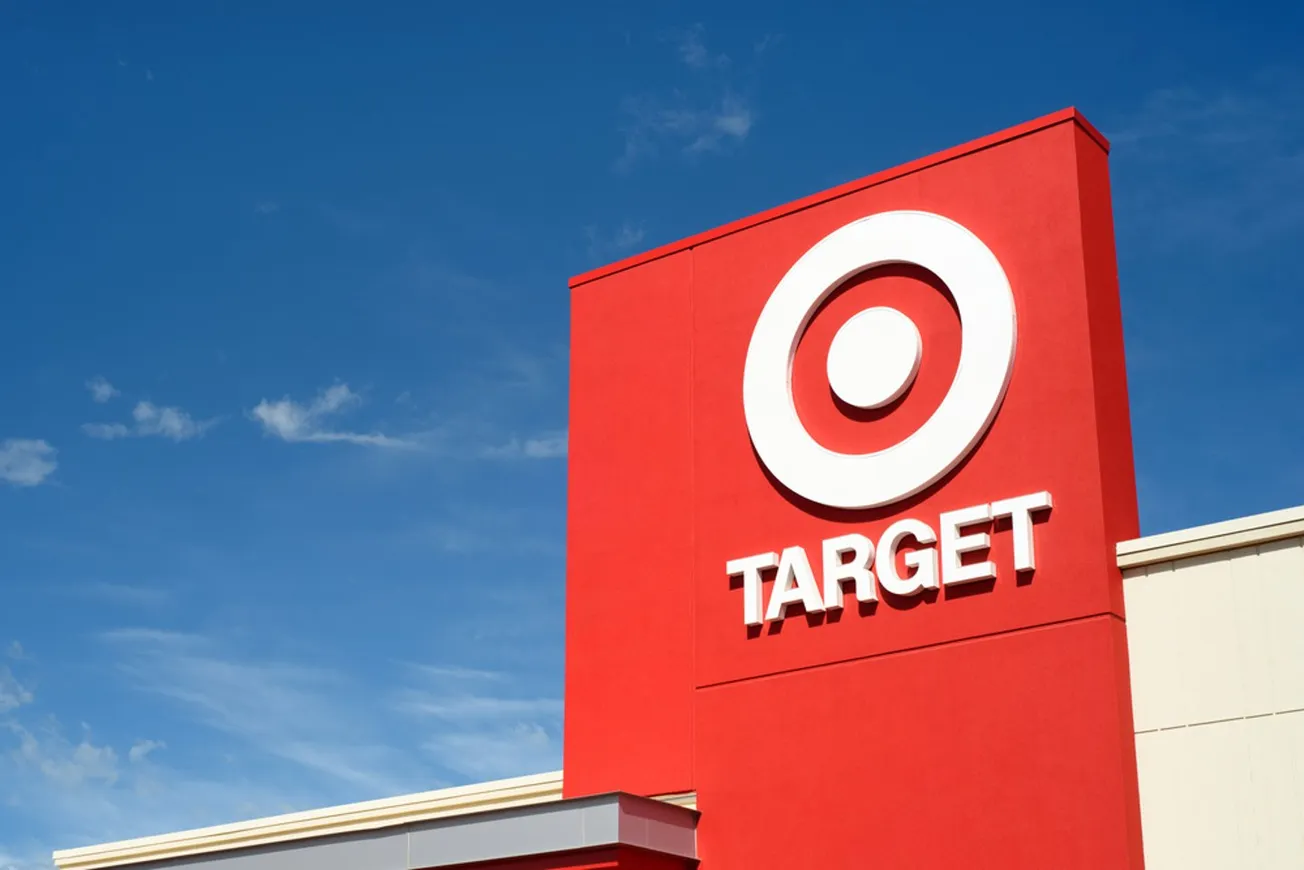WASHINGTON — The Food and Drug Administration vows to remove about 500 unapproved cold and allergy medications from the market as part of an ongoing crackdown on ineffective prescription drugs.
Although the agency requires companies to submit all new prescription drugs for scientific review before they are launched, thousands of drugs predate the FDA’s drug regulations and have avoided scrutiny for decades.
Most of the drugs targeted by the latest action are pills using untested combinations of decongestant and cough-suppressing ingredients. Since most Americans purchase cold medicines over the counter, the prescription medicines cited by the FDA represent a small part of the market.
“Removing these unapproved products from the market will reduce potential risks to consumers. We don’t expect this action to have a negative impact on consumers,” comments Deborah Autor, director of the FDA’s office of compliance. “There are multiple other products available to treat cold, cough and allergy symptoms.”
The FDA advises consumers who believe they are taking an unapproved prescription cough, cold or allergy product to contact their health care provider to discuss alternatives.
The agency said manufacturers that have not registered products with the agency must halt production and shipments immediately.
Among drugs listed by the FDA are such products as Pediahist, a cold formula labeled for patients as young as one month. FDA regulations do not recommend cold medicines for any children under age two.
The agency points out that physicians may be unaware that they are prescribing unapproved drugs, because the products are often labeled just like FDA-approved products.
In 1962 Congress ordered the FDA to review all new medications for effectiveness, and thousands of drugs that were already on the market were supposed to be evaluated over time. But some manufacturers claimed their medications were grandfathered under earlier laws.
The FDA began its latest crackdown on unapproved drugs in 2006 and has taken action against 17 types of medications and dozens of companies. Generally the agency orders manufacturers to stop making and shipping drugs, and it has seized millions of dollars worth of medications.
But federal law does not call for fines for selling unapproved drugs, and criminal prosecutions are rare.





